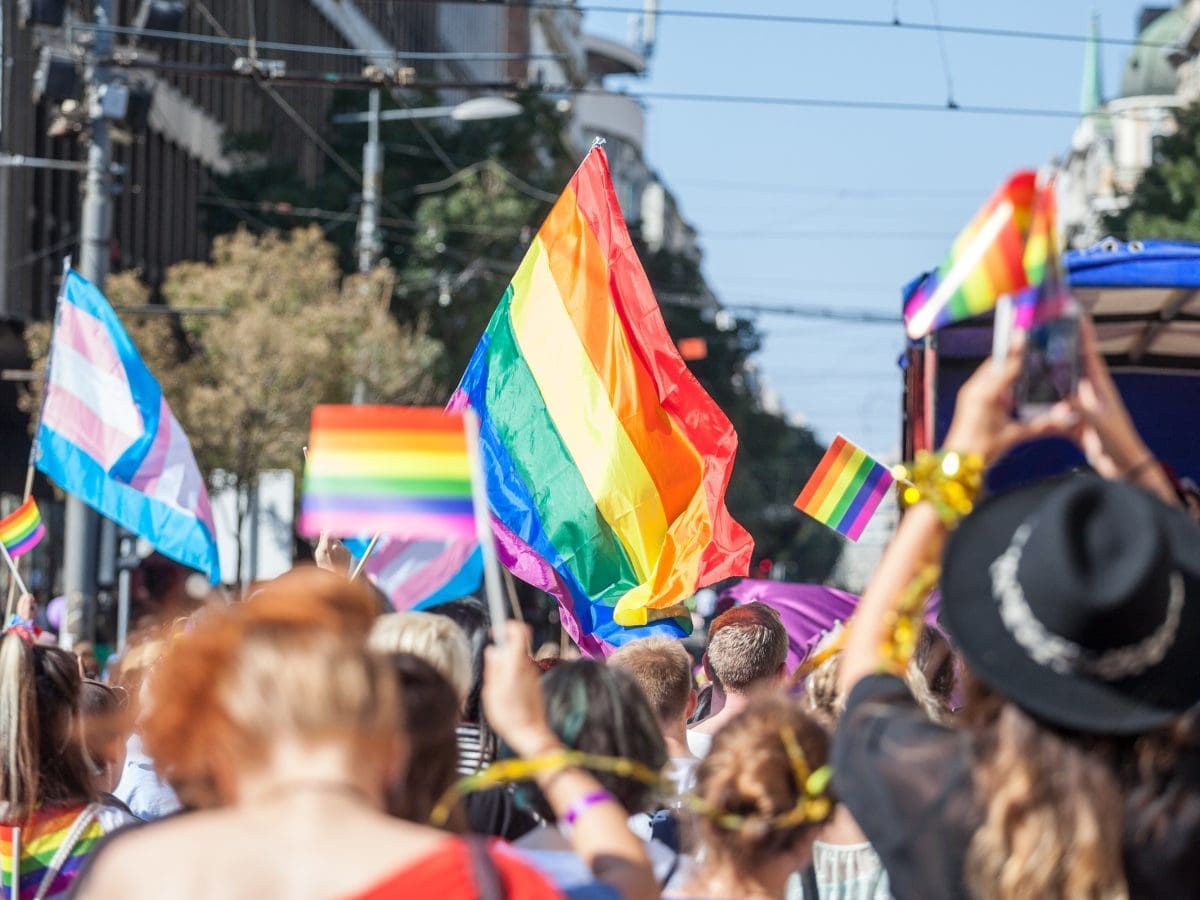
New study shows persistent earnings gaps for lesbian, gay, and bisexual Canadians
August 13, 2021
By SRDC-SRSA
Ottawa, ON & Vancouver, BC – August 13, 2022 – A new research report by the Social Research and Demonstration Corporation (SRDC) has found persistent earnings gaps and other inequities experienced by lesbian, gay, and bisexual individuals in Canada. Using 14 years of data from national population-based surveys, the researchers studied the relationship between sexual orientation and economic, health, and social outcomes in Canada.
The earnings gaps between sexual minorities and heterosexual men were substantial: heterosexual men were found to earn the most ($55,959), followed by gay men ($50,822), lesbian women ($44,740), bisexual men ($31,776), and bisexual women ($25,290). These gaps remained when controlling for several known factors, including education. While the study identified industry of employment, mental health, and hours worked as key drivers of earnings differences, the residual gaps that remained unexplained pointed to the potential role of discrimination experienced by sexual minorities in the Canadian labour market.
“The finding that sexual minorities earn less isn’t new, but the fact that it’s now supported by some of the highest-quality income data available is striking,” said Dr. Basia Pakula, one of the team’s researchers. “The suggestion that discrimination works in combination with mental health to foster earnings disadvantages for lesbian, gay, and bisexual people is crucial when thinking of potential policy solutions.”
In addition, sexual minorities reported lower levels of general and mental health, including increased stress and food insecurity. They also reported significantly lower rates of life satisfaction, job satisfaction, and community belonging. Dr. Pakula and her colleagues especially highlighted the findings for bisexual individuals: “Across all areas we explored, outcomes for bisexual-identified people were consistently the poorest. This tells us that we need to avoid treating the LGBTQ2S+ community like a single entity. We need to learn more about how biphobia and bi-specific discriminatory experiences play out in peoples’ day-to-day lives, including in the labour market.”
Unfortunately, ongoing data gaps prevent researchers from knowing the full story. Despite recent efforts by Statistics Canada to collect information for gender minority individuals, this data is not yet systematically available, and data on the drivers of inequities for gender and sexual minorities are scarce. Colin Druhan, Executive Director at Pride at Work Canada, stressed the importance of this research and the need for more data: “Without relevant data, employers have a tough time setting targets, even if they have a strong commitment to inclusion. What we are learning from this research is going to help a lot of employers better understand how to make a measurable impact on the challenges we’re seeing instead of relying on assumptions and stereotypes, which only exacerbate the situation for queer and trans workers and jobseekers.”
The report, part of a project funded by Women and Gender Equality Canada, was prepared by SRDC researchers Audrey Appiah, Kelsey Brennan, Chloe Halpenny, and Dr. Basia Pakula, as well as
Dr. Sean Waite at Western University, in partnership with Pride at Work Canada and the Labour Market Information Council.
For more information, contact Dr. Basia Pakula at 778-588-6650 or [email protected].
Did you enjoy this post? Check out our other articles

SRDC in the News
SRDC’s report, 2S/LGBTQ+ in the Trades in Canada: Exploratory Insights, has been featured in CLAC and Ontario Construction News. Learn more about barriers that… Read More
Transforming Skills Development and Employment Opportunities for Women
[OTTAWA/VANCOUVER – June 4, 2024] – The Social Research and Demonstration Corporation (SRDC) has released a report supporting the use of broader measures of… Read More